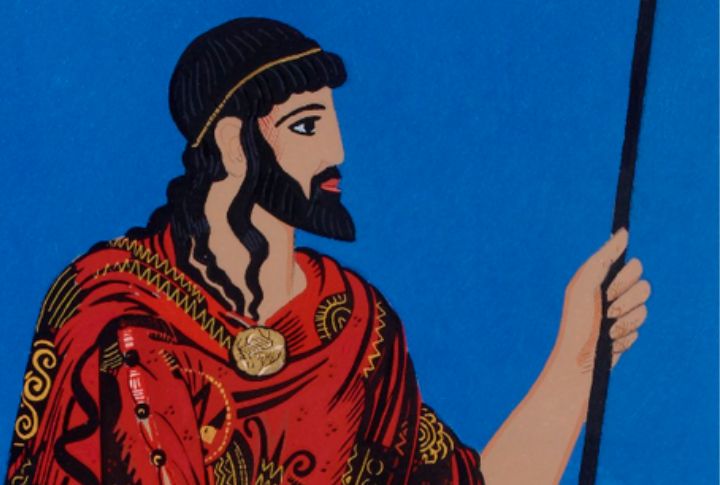
He’s been called a king, a trickster, and a survivor. Odysseus slips between roles as easily as he dodges trouble. His story isn’t just about the journey—it’s about identity, loyalty, and consequences. Curious why his legend still lingers? Let’s take a closer look.
Odysseus Was The King Of Ithaca
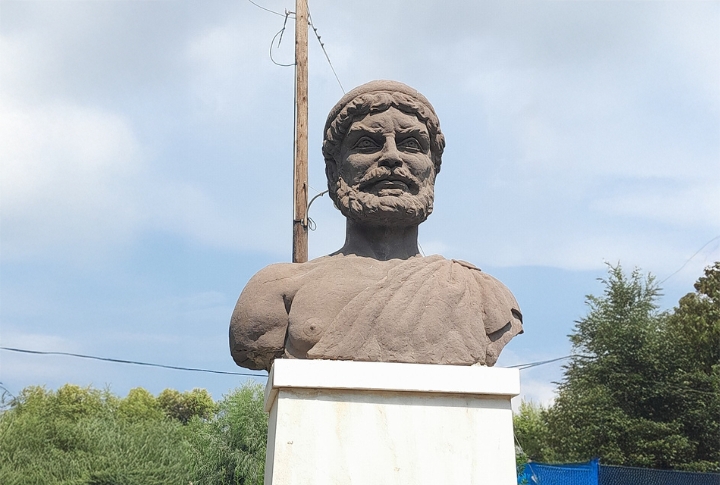
Understanding Odysseus starts with where he came from—Ithaca. Homer and other Greek sources repeatedly call him “Odysseus of Ithaca,” placing him firmly as king of that rocky Ionian island. The terrain is tough and wild, much like his personality. While there’s some debate about the exact location, his title remains historically consistent.
He Was Known For His Cleverness, Not Strength
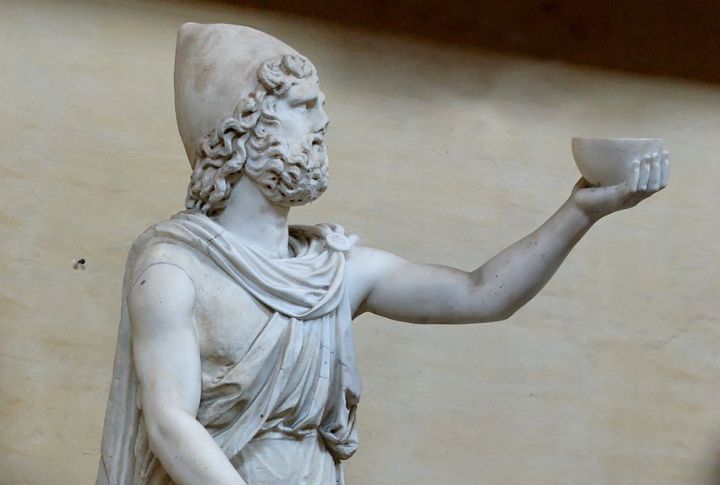
Odysseus was celebrated more for his intelligence than for his physical strength. The man designed the Trojan Horse strategy, a turning point in Greek warfare. Homer even described him with the word “metis,” meaning cunning. In fact, he once faked madness to avoid going to battle. Athena, the goddess of wisdom, supported him for his sharp mind.
His Name Likely Means “The One Who Hates”
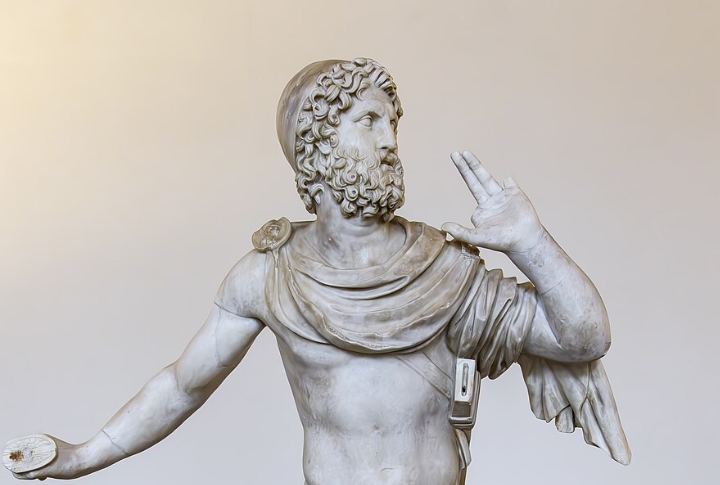
Etymologists believe the name “Odysseus” may stem from “odyssomai”, which translates to “to be angry.” This interpretation casts him as a figure defined by conflict. His enemies were many, including Poseidon, who held a deep grudge. The name fits a hero whose path was marked by tension, struggle, and persistent opposition.
He Took Ten Years To Return From Troy
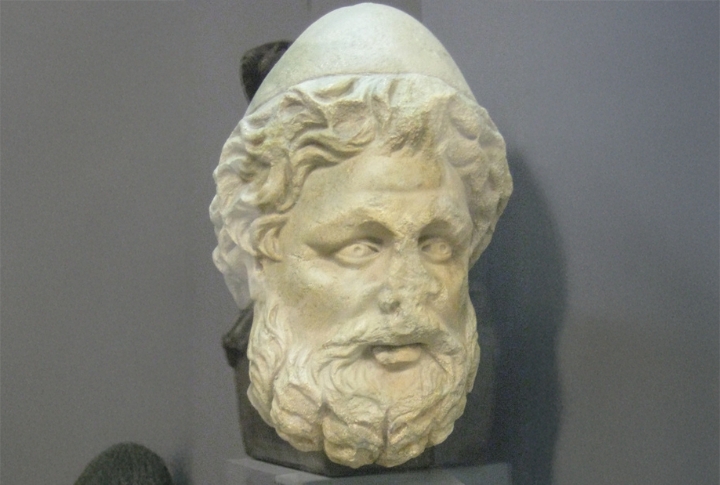
According to The Odyssey, Odysseus spent ten years returning home after the Trojan War. His journey also included shipwrecks and dangerous temptations. The battle itself lasted a decade, doubling his time away. Remarkably, after twenty years apart, his aging dog Argos still recognized him the moment he came home.
He Blinded The Cyclops Polyphemus

A well-known episode from Greek mythology features Odysseus outsmarting the Cyclops Polyphemus. Odysseus tricked the giant by claiming his name was “Nobody” and then blinded him during the night. He and his men escaped by clinging to the undersides of sheep. The incident enraged Poseidon—Polyphemus’s father—making Odysseus’s voyage home even more difficult.
Odysseus Was Married To Penelope
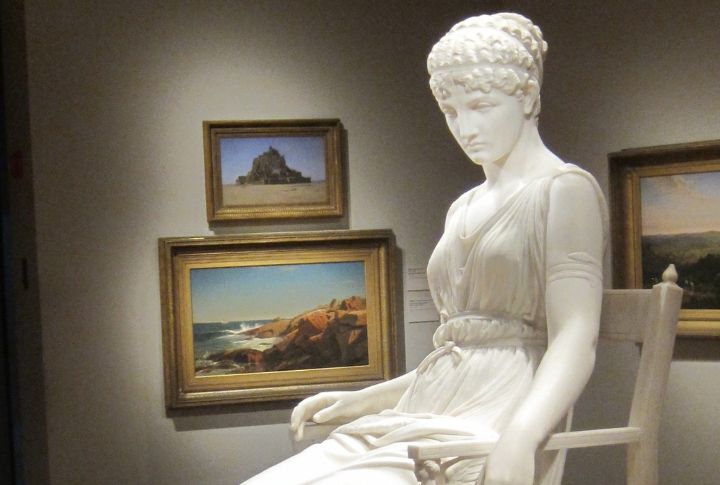
Odysseus was married to Penelope, who remained faithful during his 20-year absence. Despite constant pressure to remarry, she resisted. Upon his return, she confirmed his identity by referencing their immovable bed. Their reunion symbolized lasting love and loyalty, standing out as a rare example of mutual devotion in Greek mythology.
He Visited The Underworld To Speak With The Departed

In Homer’s “Odyssey,” Odysseus is said to journey to the land of the dead to consult the prophet Tiresias. Along the way, he encounters the spirit of his mother, fallen comrades, and even Achilles. This vivid episode offers insight into how ancient Greeks imagined the afterlife and the weight of destiny.
He Was A Favorite Of The Goddess Athena
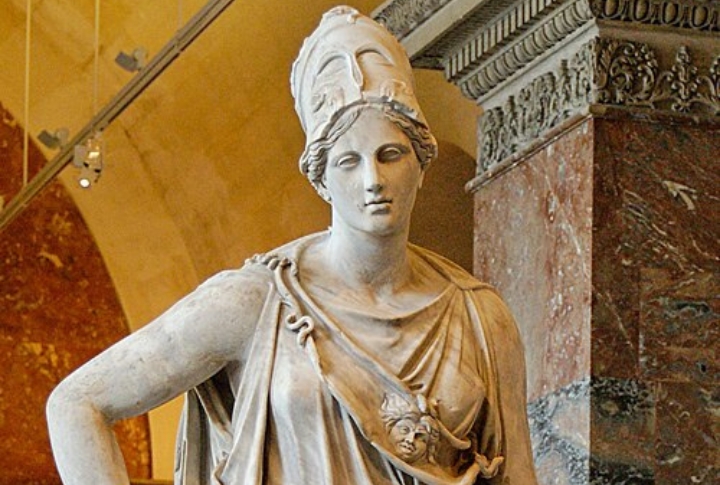
Athena played a consistent role throughout Odysseus’s journey. She admired his intelligence and rhetorical skills, frequently disguising herself to offer guidance. While Odysseus was away, she also mentored his son, Telemachus. Her support was vital not only in his travels but also in helping him return to Ithaca and reclaim his throne.
He Once Disguised Himself As A Beggar
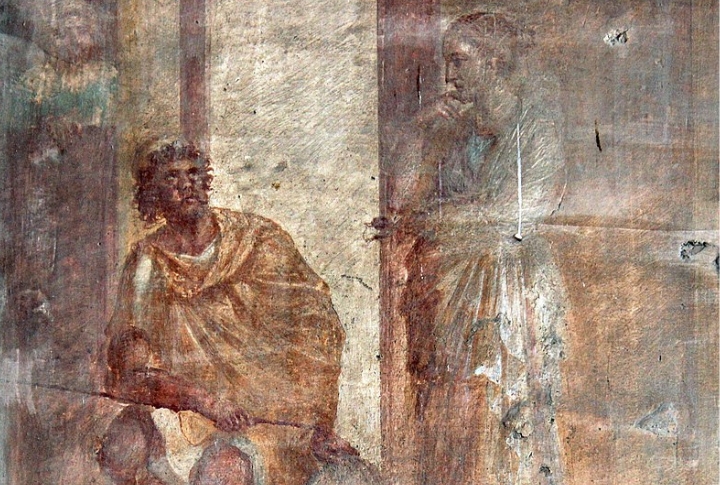
To retake Ithaca, Odysseus disguised himself as a beggar. This allowed him to move undetected and assess the suitors in his palace. Only two recognized him: his old nurse and his loyal dog. The disguise played a key role in setting up the surprise attack that allowed him to reclaim control.
He Was Trapped By The Nymph Calypso For Seven Years

Odysseus spent seven years stuck on the island of Ogygia, where the nymph Calypso kept him captive, hoping to make him her immortal husband. Despite the island’s beauty, his heart longed for home. Eventually, moved by his grief, the gods intervened—Zeus sent Hermes to command Calypso to release him.

